“While the world is committed to achieving Net Zero by 2050, can Ninh Binh become a Net Zero city by 2030?”, that is the question posed by Ms. Betty Pallard, Vision Director at ESGs & Climate Consulting to the leaders of Ninh Binh province.
That question was raised when the Association of Vietnamese Scientists and Experts Global (AVSE Global) had a recent meeting with the leaders of Ninh Binh province.
Having lived in France and Switzerland for 30 years before returning to Vietnam, Ms. Betty Pallard said that ESGs & Climate Consulting has conducted more than 8,000 ESG reports in Europe with the main focus on assessing and compensating carbon emissions, aiming for a carbon neutral future, especially for tourism, sports and cultural activities.
These activities account for about 20-22% of global carbon emissions, so carbon reduction is urgently needed. She recommended that Ninh Binh province redesign tourism activities in line with Net Zero standards.
“From tomorrow, Ninh Binh province can choose a tourism product as a pilot to exploit in conjunction with the Net Zero criteria, to calculate how much carbon each tourist emits, and from there see how long it takes to create a complete Net Zero tourism product,” she suggested.
This expert also affirmed that in the eyes of international friends, Vietnam may still be considered a poor country, but in reducing carbon, Vietnam is taking very active action.
At that meeting, Mr. Doan Minh Huan - Secretary of Ninh Binh Provincial Party Committee - said that, clearly recognizing the potential and advantages of a locality with world cultural and natural heritage, Ninh Binh has focused on developing in the direction of "Green, sustainable, harmonious"; transforming production methods from brown to green; selectively attracting and developing industry in the direction of high technology, modern technology, and environmental friendliness...
However, Ninh Binh needs a deeper and more comprehensive transformation; shifting from an economy exploiting raw cultural natural resources to a popular economy of science and technology associated with cultural and artistic innovation; from shallow international integration to deep international integration...
“Ninh Binh has long exploited tourism based mainly on natural and cultural heritage, but only exploiting raw heritage, not refined. The new direction of the province is to be green, sustainable, popular; considering innovation as culture,” said the Ninh Binh provincial Party Secretary.
According to him, there is a need for creative tourism products inspired by heritage. For a long time, Ninh Binh has only developed around tourism, not the creative cultural industry.
Ninh Binh's determination is clearly shown in the Provincial Planning for the period 2021-2030, with a vision to 2050, which has just been approved by the Prime Minister, in which cultural and tourism industries are clearly identified as spearheads. The goal by 2035 is to become a centrally-governed city with the characteristics of a millennium heritage urban area and a creative city.
According to Prof. Dr. Nguyen Duc Khuong, Chairman of AVSE Global, with such orientation, Ninh Binh will certainly be a model for sustainable and responsible development. He also suggested some contents revolving around the story of converting production forms from brown to green, the story of digital transformation, social model transformation, population model transformation...
Contributing ideas to building a brand for Ninh Binh tourism, branding expert Tran Tue Tri acknowledged that Hoa Lu - Ninh Binh, a place with a rich history, culture and the world cultural and natural heritage complex of Trang An... All of these factors come together to make Ninh Binh not only a "beautiful girl" but also profound and cultural.
But how can we exploit it in depth in terms of quality rather than quantity? Ms. Tran Tue Tri suggested that the province could refer to the model of Kyoto (Japan), a city with deep history and also very beautiful.
“We dare to compare ourselves to a higher level so that we can reach further,” said Ms. Tri. “I think Ninh Binh can completely change the thinking about Vietnam tourism, not just cheap prices, but can completely offer a tourism value associated with the cultural and historical values of this land.”
Ninh Binh can tell the story of sustainable natural heritage development to the world. Developed countries do this very well, but not many developing countries can do it, Ms. Tri shared.
Source: https://vietnamnet.vn/lieu-ninh-binh-co-the-tro-thanh-thanh-pho-net-zero-vao-nam-2030-khong-2312962.html



![[Photo] Prime Minister Pham Minh Chinh starts construction of vital highway through Thai Binh and Nam Dinh](https://vphoto.vietnam.vn/thumb/1200x675/vietnam/resource/IMAGE/2025/5/12/52d98584ccea4c8dbf7c7f7484433af5)
![[Photo] Prime Minister Pham Minh Chinh receives Swedish Minister of International Development Cooperation and Foreign Trade](https://vphoto.vietnam.vn/thumb/1200x675/vietnam/resource/IMAGE/2025/5/12/ae50d0bb57584fd1bbe1cd77d9ad6d97)
![[Photo] Prime Minister Pham Minh Chinh works with the Standing Committee of Thai Binh Provincial Party Committee](https://vphoto.vietnam.vn/thumb/1200x675/vietnam/resource/IMAGE/2025/5/12/f514ab990c544e05a446f77bba59c7d1)




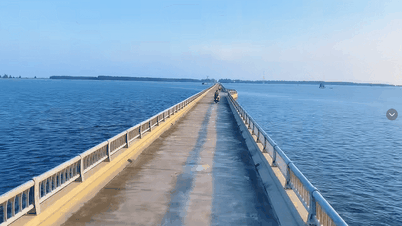
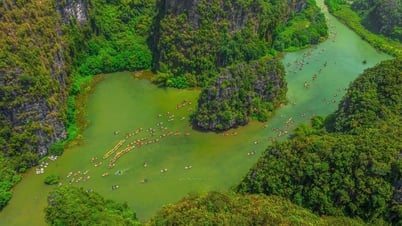











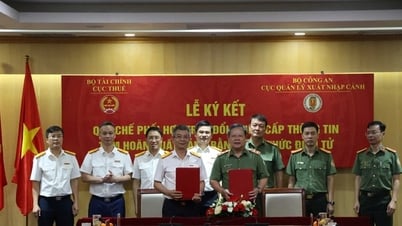









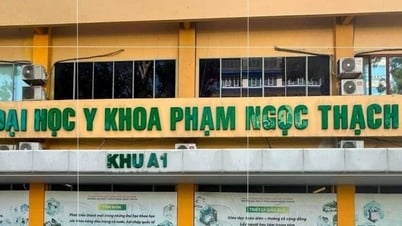

















































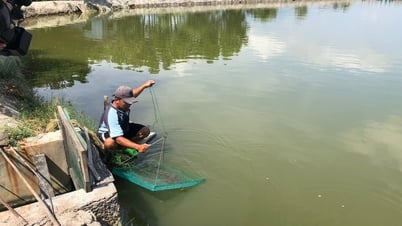


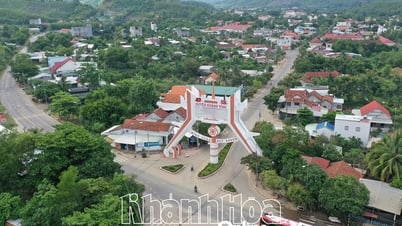











Comment (0)